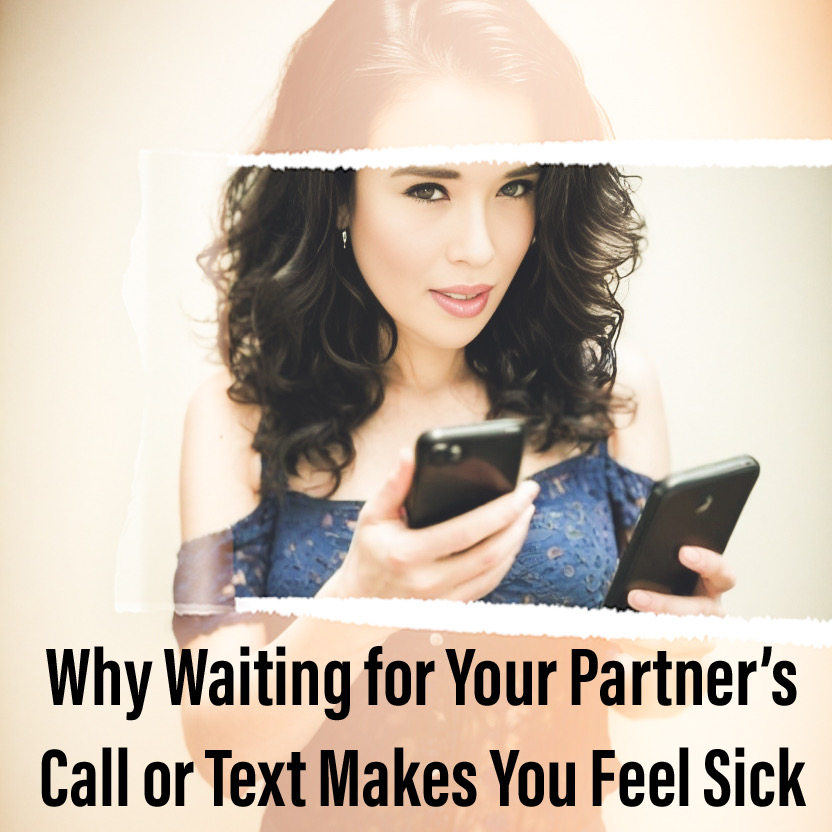
Yesterday, I had the privilege of spending time with a dear friend and witnessing a love I hadn’t seen in years. We drove together to her home, and as her husband opened the door, he greeted her with a kiss and a warm embrace. He gently took her bag, a simple yet profound gesture that spoke volumes. It wasn’t just an action—it was an unspoken expression of their enduring love. Immediately, I could feel the warmth of their home.
My friend looked serene, like someone who had built a life of stability and affection. There was a quiet confidence about her—a sense of security and belonging. Her home wasn’t just filled with furniture or décor; it radiated a deeper connection, a tangible atmosphere of safety, harmony, and love.
Over dinner, I couldn’t help but observe the way they interacted. Their dynamic was understated yet powerful. A touch on the hand here, a shared glance there—it was clear their love wasn’t just a memory from their youth. It was alive, flourishing, and deeply rooted in their present. They shared stories, supported each other’s words, and carried a harmony that only time and mutual respect could build.
After dinner, my friend excused herself and returned with an old album filled with photographs from their wedding day. She opened it with care, as if holding a precious treasure. The pictures revealed a stunning glimpse into their past—young, radiant, and deeply in love. Their wedding was a grand celebration: 600 guests, a nine-layer cake, and a parade featuring a traditional band.
One of the most meaningful rituals she explained was the symbolic movement of the engagement ring. On the wedding day, the engagement ring is moved to the other hand, marking the transition from engagement to marriage. This gesture, deeply rooted in their traditions, symbolizes the eternal bond of marriage and the unbreakable unity between the couple. It’s a beautiful reminder that love is not just an emotion but a commitment to walk life’s path together.
Looking at those photographs, I realized something extraordinary. The love captured in those images hadn’t faded with time. It was the same love I had just witnessed at dinner—unchanged, enduring, and thriving despite life’s inevitable challenges. My friend pointed to a photo of their vows, her voice soft yet filled with emotion, as she explained the traditions and significance behind their wedding.
For a moment, I felt as if I had been part of their wedding. My friend showed me photos of their family and friends, each picture telling a story of connection and belonging. Their love wasn’t just between them—it extended to their community, their family, and even to those of us lucky enough to witness it.
The Absence of Unconditional Love
On my way home, I couldn’t stop thinking about what I had seen. It was a kind of love I had never experienced in my own life. My relationships, though filled with fleeting moments of happiness, had been conditional. They ended with arguments, unmet expectations, or superficial gestures mistaken for connection.
I remembered one relationship where a single disagreement led to a breakup. Another where I gave more than I received, hoping it would one day be enough. Reflecting on my past, I realized that I had never been in a relationship built on unconditional love—the kind of steadfast partnership my friend and her husband shared. Their love endured through sickness, struggles, and the passage of time.
Dr. Erich Fromm, in his book The Art of Loving, describes unconditional love as “an act of will and commitment to nurture, protect, and understand another human being without expectation of reward.” This is the kind of love I witnessed—a love rooted in respect, empathy, and daily actions rather than fleeting emotions or grandiose gestures.
The Depth of Realization
This realization wasn’t easy to confront. It made me reflect deeply on the patterns in my life—how I had romanticized love, overlooked red flags, and stayed in relationships that lacked mutual respect. I had mistaken attention for care, words for action, and fleeting passion for something lasting.
I understood that the absence of unconditional love in my relationships wasn’t entirely about the people I chose. It also stemmed from within me—a lack of understanding of what I deserved and a habit of seeking validation outside of myself.
A New Understanding
The love I witnessed wasn’t perfect, but it was real. It wasn’t about perfection or grand displays. It was about showing up every day, even when it wasn’t easy. My friend and her husband weren’t just partners in love; they were partners in life, and that was something I had never seen so clearly before.
This realization left me with a sense of calm and clarity. I finally understood what was missing in my past and what I needed to build within myself. Unconditional love isn’t just something to receive—it’s something to give, starting with myself.
Seeing their love, I felt both inspired and humbled. It reminded me that love, in its truest form, isn’t about conditions or perfection but about enduring through life’s imperfections. And that realization has become a cornerstone for how I view relationships moving forward.
Final Thoughts
As I sat in the quiet of my home, I thought about how love shapes us—not just the love we receive, but the love we give. In that moment, I realized that understanding unconditional love starts with embracing the imperfections of life, letting go of what no longer serves us, and building something genuine and enduring.
I closed my eyes, holding onto the memory of that day, knowing that love, in its truest form, is something worth striving for—even if it starts within myself.


